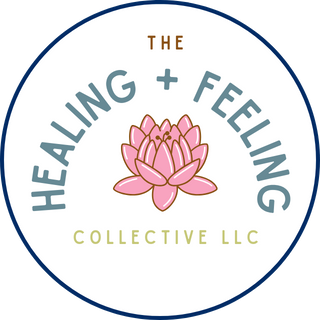FAQ
-
Fill out our inquiry form to schedule a free consultation and get started today. In person sessions are conveniently located in downtown Huntsville. Secure virtual sessions are also available to clients in Alabama, Maryland, and Texas.
-
The length of therapy varies depending on the individual and their goals. Some clients benefit from short-term therapy focused on specific concerns, while others may prefer ongoing support. During our first sessions, we’ll discuss goals and create a plan that works best for you or your child.
-
Normal business hours are from 9am -6 pm Monday through Friday. However, flexible scheduling, to include evening and weekend appointments are available on a case-by case basis to support your or your child’s work or school schedule. I currently have a waitlist for evenings, but some daytime availability.
-
Yes, I accept Blue Cross/Blue Shield, UHC/Optum, Aetna, Medicare, and Tricare as well as private pay. I’m happy to discuss payment options and verify coverage before beginning sessions so that therapy is as accessible and stress-free as possible. See our fee schedule for additional information.
-
Our office is centrally located in downtown Huntsville. However, if that location does not work for you, virtual sessions are available using a secure online telehealth platform.
-
Yes. Your privacy is a top priority, and what you share in therapy stays between you and your therapist. There are only a few exceptions required by law, such as if there is a risk of harm to yourself or others, or in cases of suspected abuse or neglect. Outside of those rare situations, your information is kept strictly confidential. This safe and private space allows you to speak openly without fear of judgment or disclosure.
-
I offer several evidence-based therapies including Cognitive Behavioral Therapy (CBT),Dialectical Behavior Therapy (DBT), Eye Movement Desensitization and Reprocessing (EMDR), and elements of play in therapy for children. Each approach is tailored to the client’s unique needs, whether they are a child, adolescent, or adult.
-
-
EMDR (Eye Movement Desensitization and Reprocessing) helps the brain process traumatic or distressing memories in a healthier way. By using guided eye movements or bilateral stimulation, EMDR reduces emotional triggers and helps clients find relief from symptoms of trauma, PTSD, and anxiety.
-
CBT is highly effective for treating anxiety, depression, stress, and negative thinking patterns. It focuses on identifying unhelpful thoughts and behaviors and replacing them with healthier coping skills, leading to long-term improvements in mood and resilience
-
Yes, I specialize in therapy for children ages 5–12. I use play therapy and age-appropriate CBT and DBT techniques to help children express their feelings, manage big emotions, and build coping skills in a supportive environment.
-
Absolutely. Adolescents often face challenges like school stress, peer relationships, identity exploration, and family dynamics. Therapy provides a safe space for teens to talk openly, learn coping strategies, and build confidence as they navigate this important stage of life.

